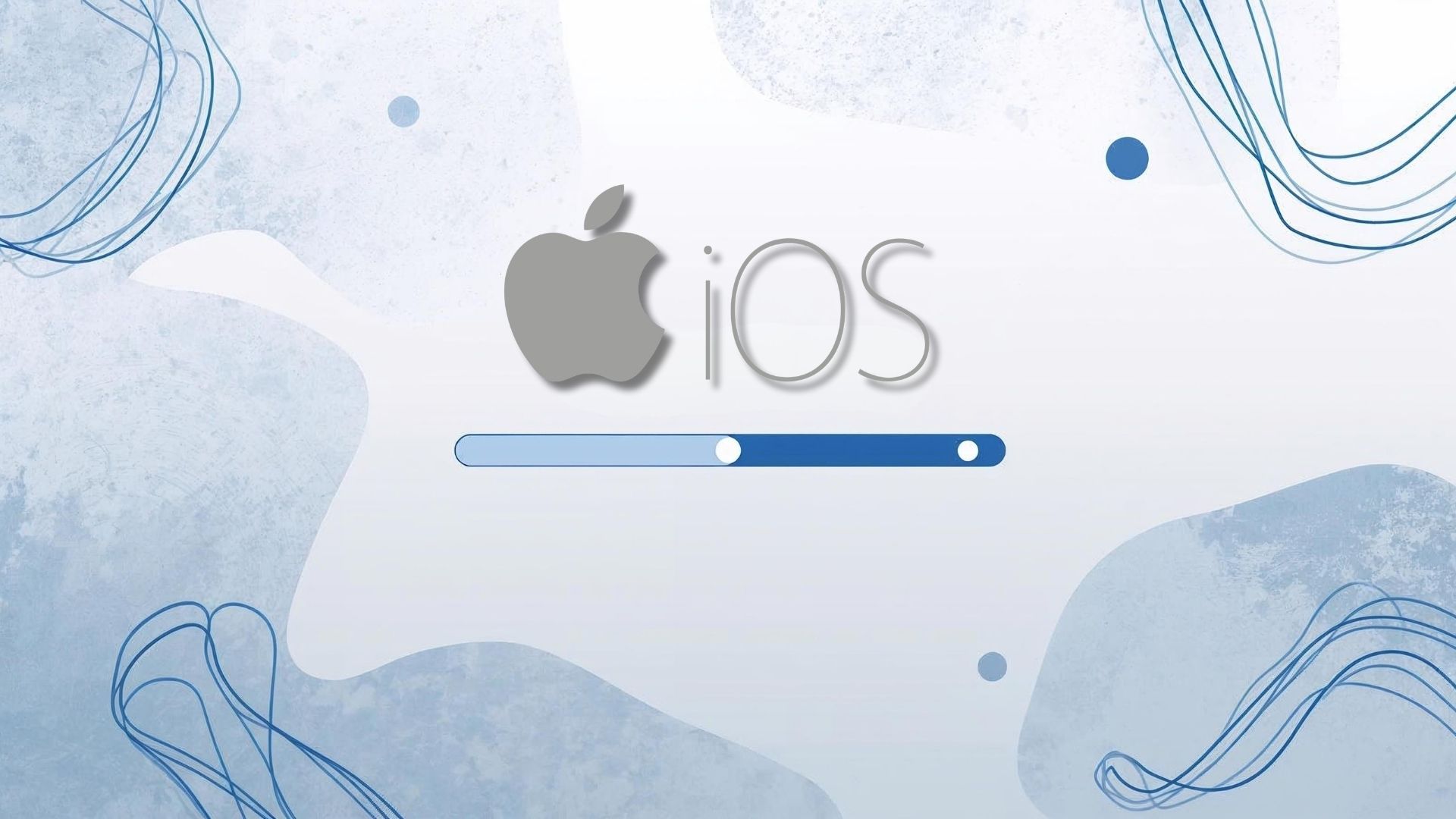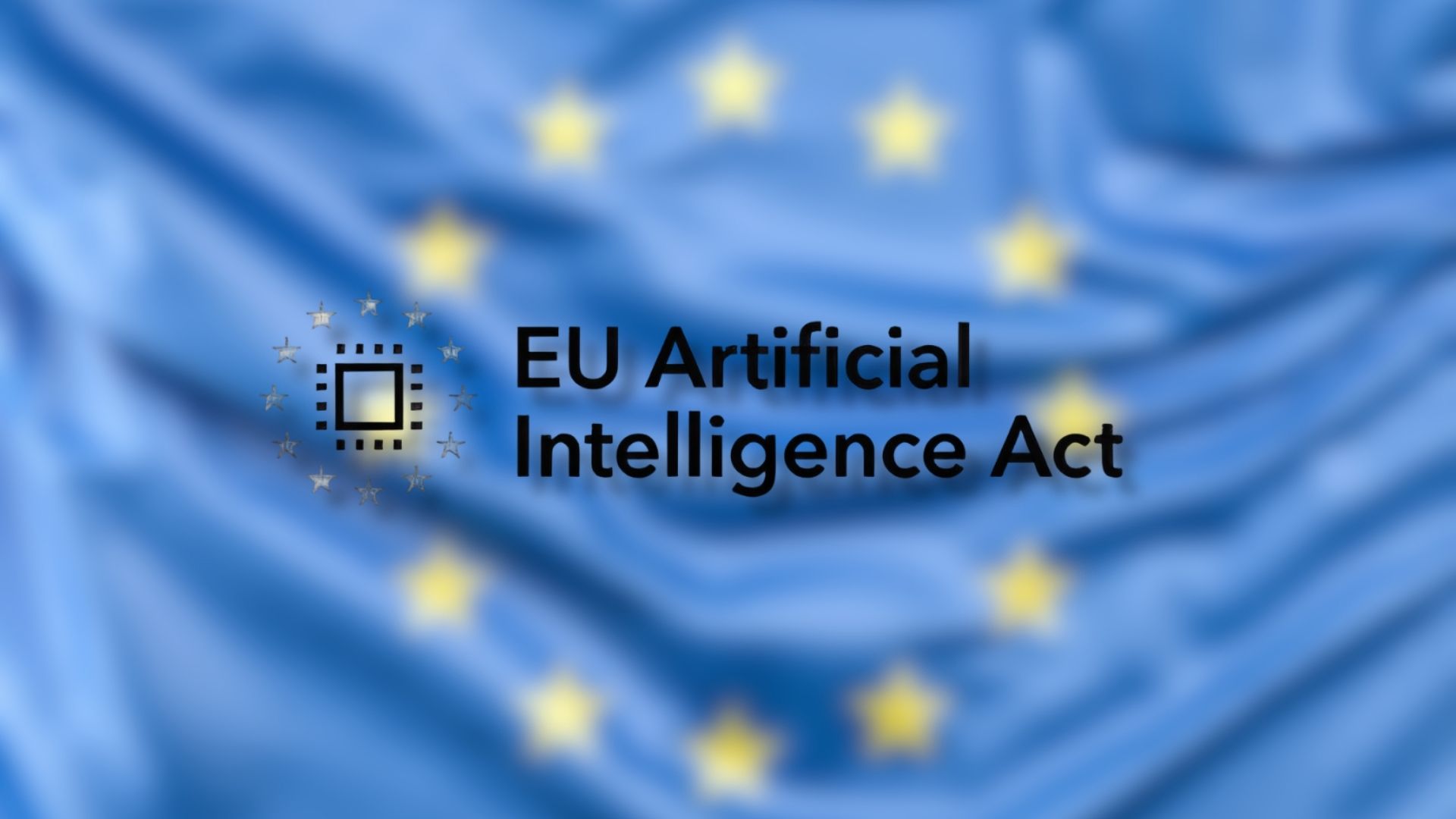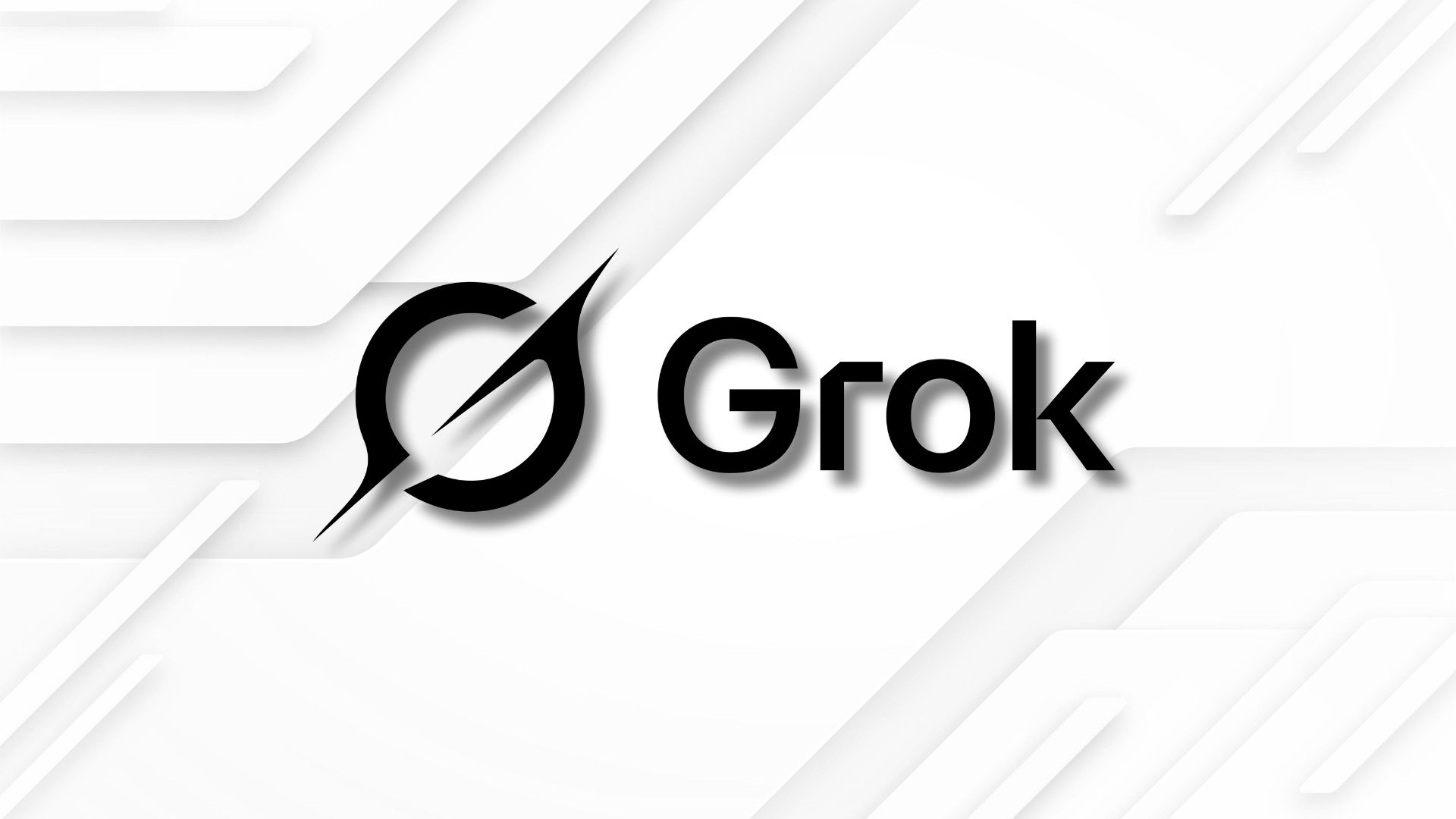UK regulators and the Treasury face MP criticism over their approach to AI, amid warnings of risks to consumers and financial stability. A new Treasury Select Committee report says authorities have been overly cautious as AI use rapidly expands across financial services.
More than 75% of UK financial firms are already using AI, according to evidence reviewed by the committee, with insurers and international banks leading uptake.
Applications range from automating back-office tasks to core functions such as credit assessments and insurance claims, increasing AI’s systemic importance within the sector.
MPs acknowledge AI’s benefits but warn that readiness for large-scale failures remains insufficient. The committee urges the Bank of England and the FCA to introduce AI-specific stress tests to gauge resilience to AI-driven market shocks.
Further recommendations include more explicit regulatory guidance on AI accountability and faster use of the Critical Third Parties Regime. No AI or cloud providers have been designated as critical, prompting calls for stronger oversight to limit operational and systemic risk.
Would you like to learn more about AI, tech and digital diplomacy? If so, ask our Diplo chatbot!










